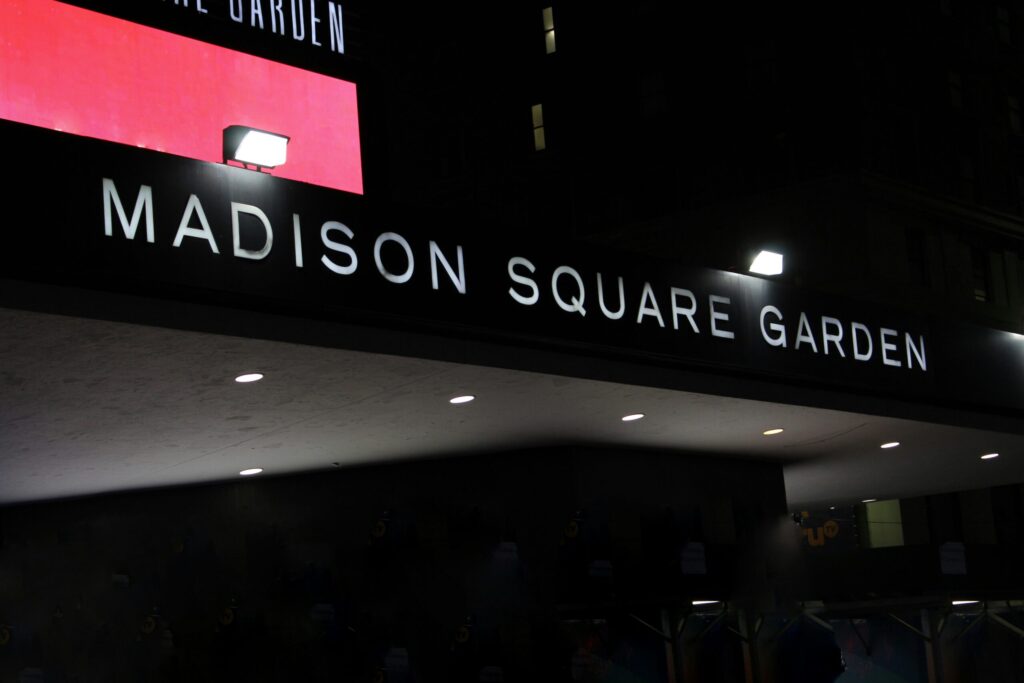Donald Trump’s campaign rally at Madison Square Garden in New York City became a focal point for political and social unrest, igniting widespread debates about the direction of discourse in American politics. The event, which was part of Trump’s efforts to solidify his position in the 2024 presidential race, attracted a wide range of attendees, including prominent figures like entrepreneur Elon Musk and former mayor Rudy Giuliani. Despite the high-profile guest list, the rally was overshadowed by a series of controversial moments that drew heavy criticism from various quarters.
One of the most talked-about incidents was the appearance of comedian Tony Hinchcliffe, who was invited to perform at the rally. Known for his edgy and often provocative style, Hinchcliffe’s jokes quickly crossed the line for many attendees and commentators. His remarks about various ethnic and social groups—including Latinos, Jews, Palestinians, and Black people—were seen as deeply offensive, sparking outrage both at the event and across social media platforms. Critics were quick to call out the comedian’s comments as a harmful example of the kind of divisive rhetoric that has plagued political discourse in the U.S.
As the rally unfolded, the Democratic National Committee (DNC) seized the opportunity to make a bold statement by projecting messages onto the exterior of Madison Square Garden. The messages juxtaposed Trump’s rhetoric with the language of historical figures known for their authoritarian tendencies, further fueling the perception that the rally was not just a political event but a symbol of a broader cultural and ideological battle. The DNC’s move was seen as a strategic attempt to remind the public of the potential dangers of unchecked political speech, a sentiment echoed by DNC Chair Jaime Harrison, who emphasized the importance of holding public figures accountable for their words. “We must hold our leaders accountable for the language they use and the messages they send,” Harrison remarked, capturing the essence of the controversy that unfolded that evening.
The rally’s aftermath sparked intense discussions about the role of humor and satire in politics, the responsibilities of public figures in setting the tone of national discourse, and the impact of inflammatory speech on social cohesion. While some defended Hinchcliffe’s remarks as an attempt at humor, others argued that such comments only serve to deepen existing divides and perpetuate harmful stereotypes. For many, the event represented a microcosm of the broader challenges facing American society: the ongoing struggle over what constitutes acceptable speech and the growing polarization that characterizes much of the political landscape.
This rally has undeniably added fuel to an already contentious presidential race, with both Trump’s supporters and detractors using the incident to advance their respective narratives. As the 2024 election cycle intensifies, it’s clear that debates over the use of language and the limits of free expression will continue to shape the political discourse for months to come.


